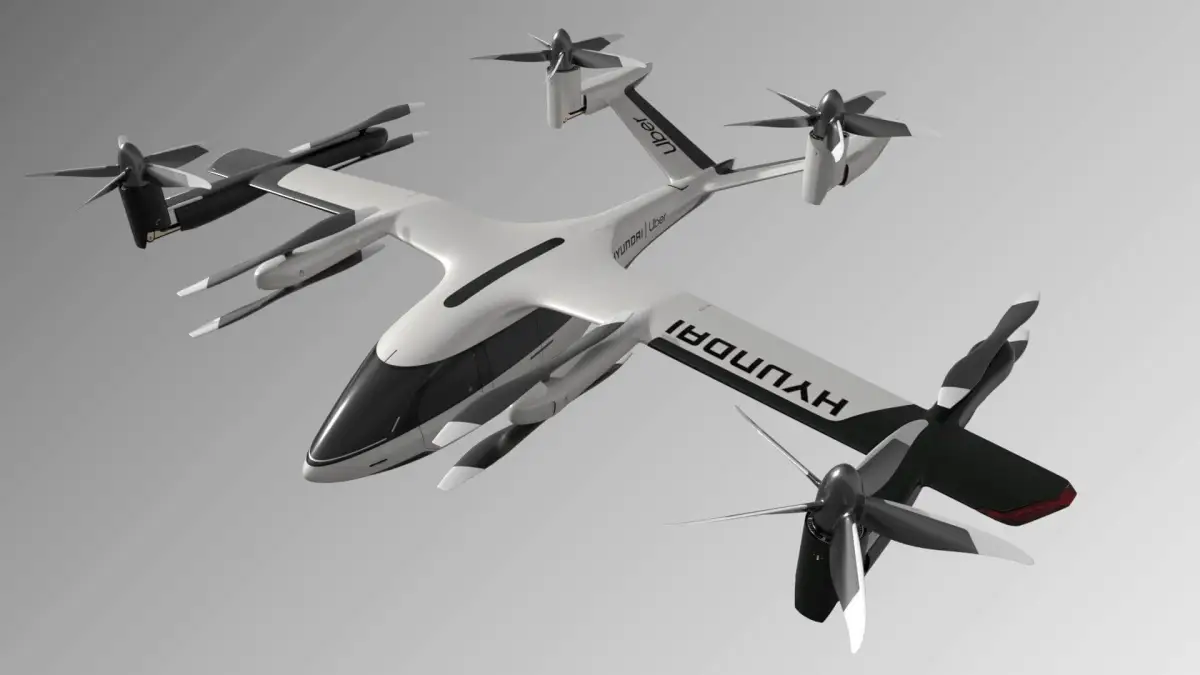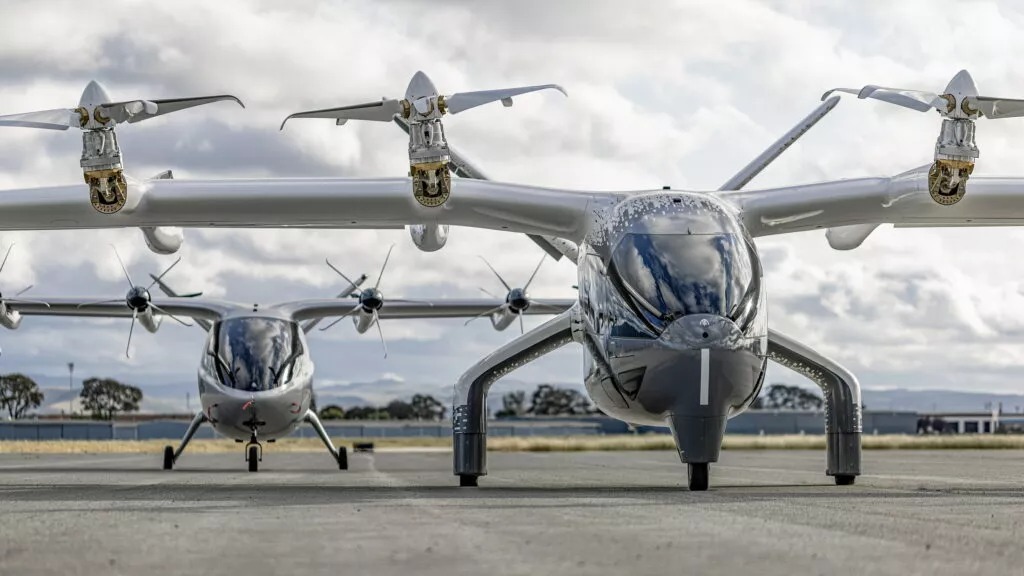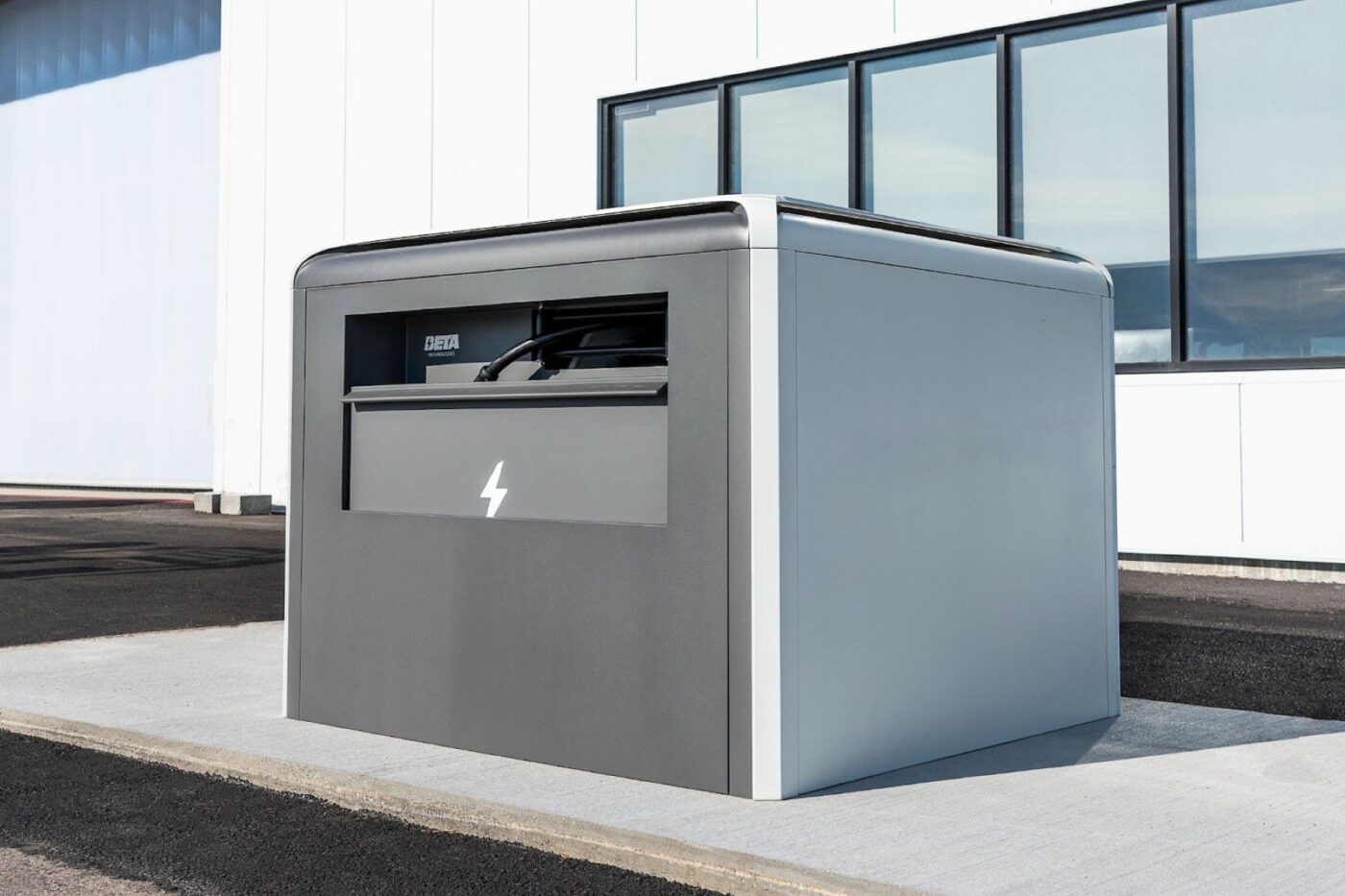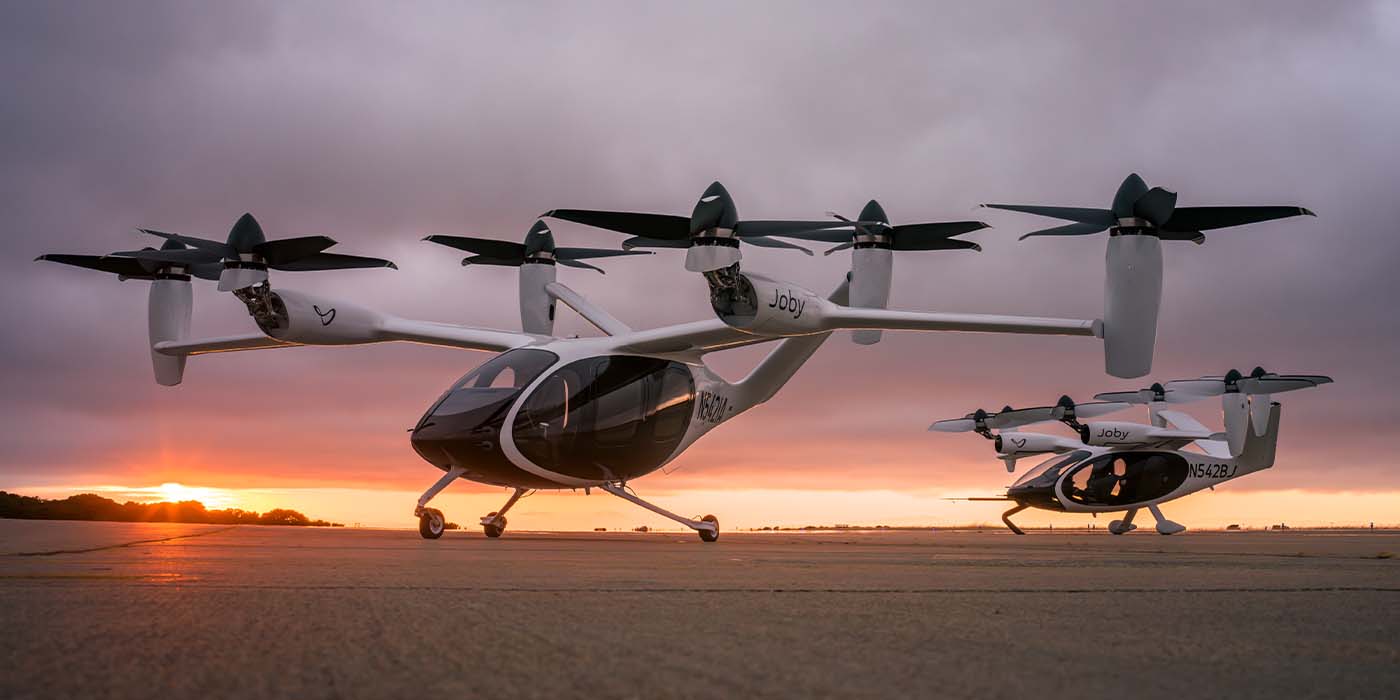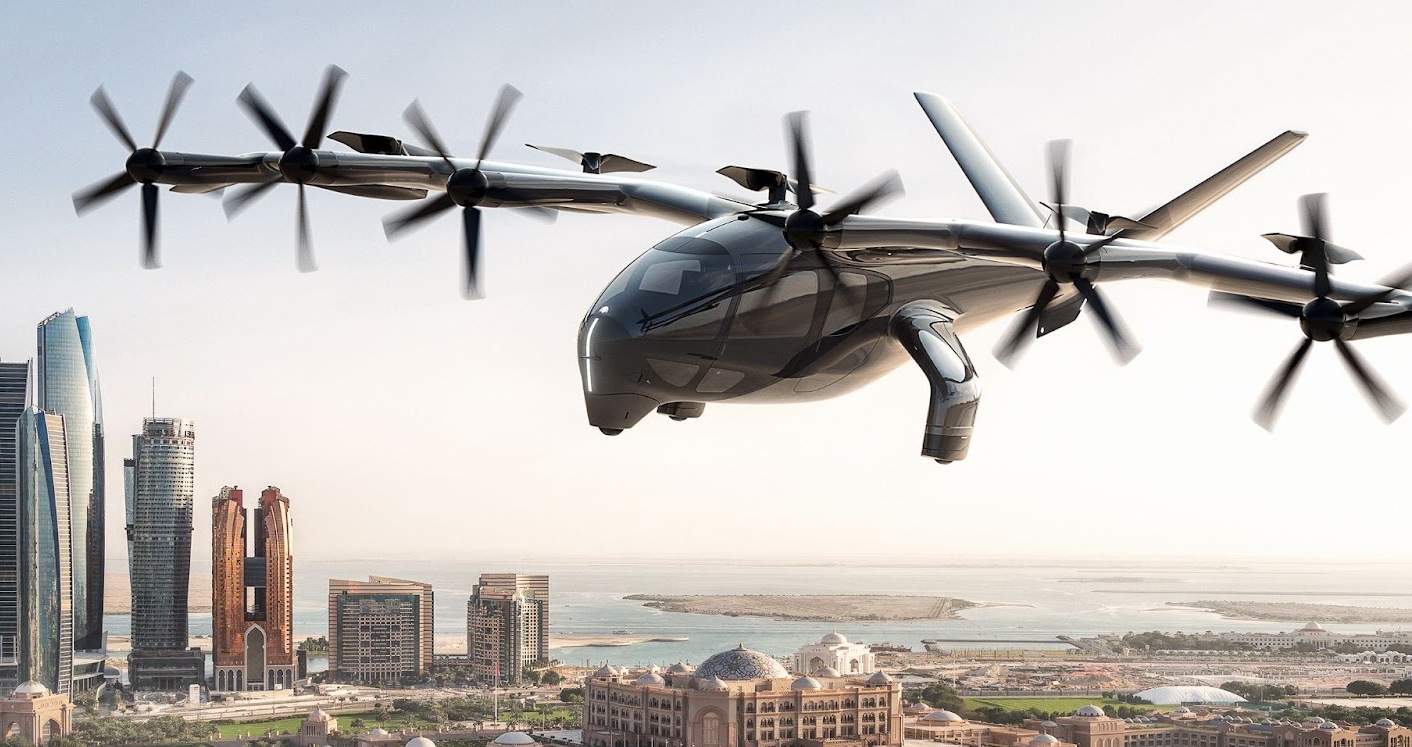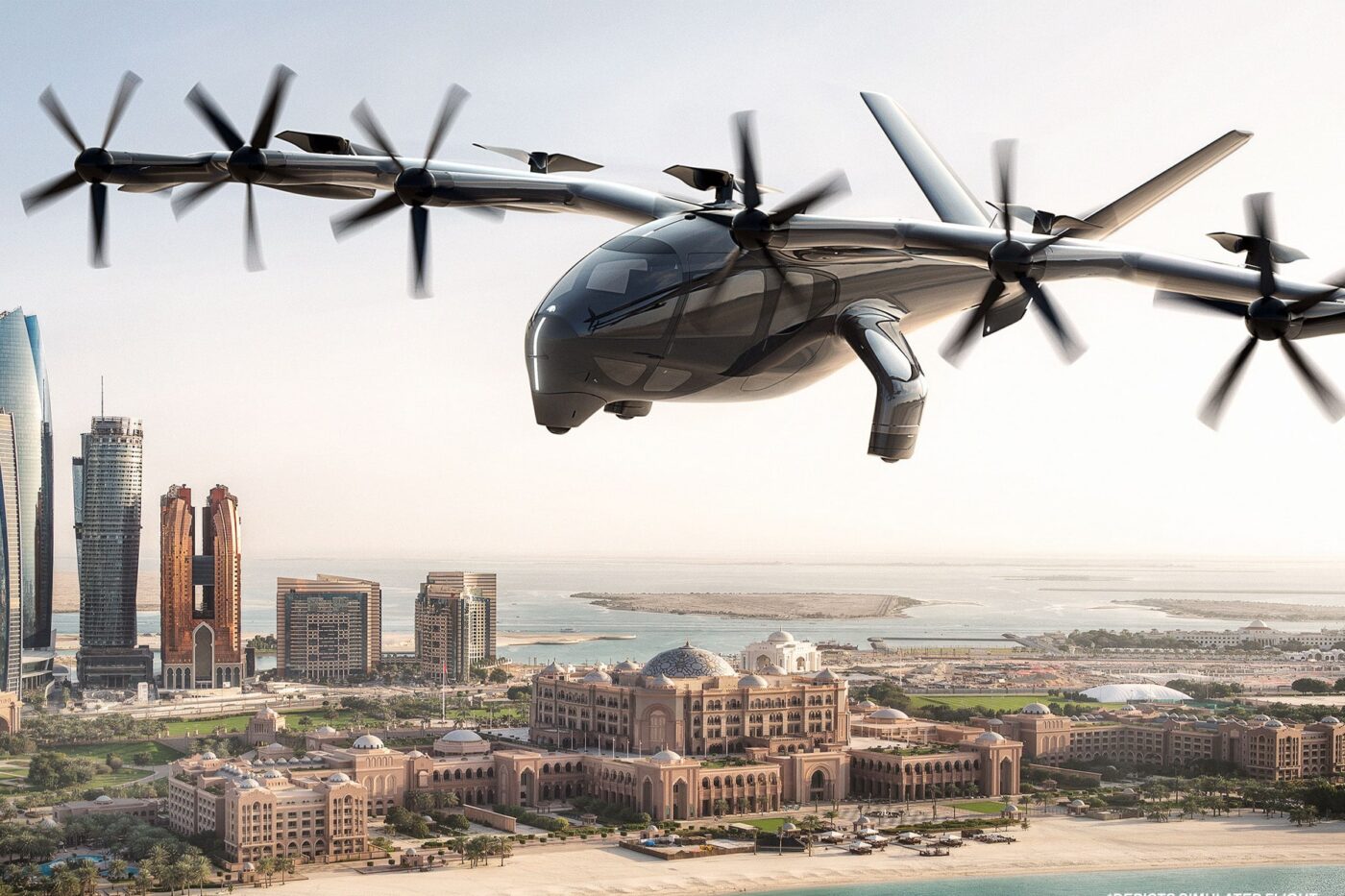Supernal, the Hyundai-backed startup venturing into the realm of electric vertical takeoff and landing (eVTOL) aircraft, is gearing up for an ambitious journey toward urban air mobility. In an interview with Bloomberg in Singapore, Supernal CEO Shin detailed the company’s plans, revealing that they are on track to showcase a prototype eVTOL taxi at the Consumer Electronics Show (CES) in Las Vegas next year.
The eVTOL aircraft, designed to fly at speeds of 120 miles per hour (190 kph), is intended to carry one pilot and four passengers. Shin has set a target of December 2024 for a test flight, with the aspiration of launching commercial eVTOL services by 2028. These milestones align with Supernal’s earlier announcements and provide sufficient time for the establishment of a production facility.
Supernal has been rapidly expanding its operations, having opened a technical headquarters in Irvine, California, in July and a new research and development facility in Fremont just two months later. The company’s workforce has nearly doubled from the previous year, reaching almost 600 employees, with many engineers drawn from prominent companies such as Boeing, Lockheed Martin, and Tesla.
While Shin did not disclose specific details regarding the investment in the new Supernal plant in the United States, speculations suggest that California is a potential location. However, Bloomberg also suggests that the plant could be strategically positioned near Hyundai Motor Group’s vehicle manufacturing facilities, which are situated in Alabama and Georgia. Hyundai is also in the process of constructing an additional large plant dedicated to electric vehicle production in Georgia.
One of the key challenges in the realm of urban air mobility is battery technology, as batteries constitute a substantial portion of an eVTOL’s weight and introduce safety considerations for aviation authorities. Shin acknowledged this challenge, stating, “That’s really the killer.” Nevertheless, Supernal intends to submit an application for certification to the US Federal Aviation Administration (FAA) in the coming months. Hyundai had previously entered into a partnership with Rolls-Royce to leverage their expertise in aviation and certification alongside Hyundai’s technological and manufacturing capabilities for urban and regional air mobility projects.
Certification, however, remains a complex issue for the entire eVTOL industry. Shin noted, “There’s nothing out there — no infrastructure, no policy, no regulation.” To address this, the FAA is actively engaging with manufacturers and stakeholders to establish certification methods and policies for advanced air mobility. In July, the FAA released an ‘Implementation Plan’ outlining the steps required to enable advanced air mobility operations safely, primarily focusing on piloted aircraft. Supernal, founded just two years ago, has received substantial investments from Hyundai and Kia, totaling approximately 1.2 trillion won ($920 million), as per filings. The company has no plans for an initial public offering, according to Shin.
Last month, Supernal inked an agreement with Korean Air to collaborate on air mobility in the South Korean market. Korean Air’s CEO, Walter Cho, indicated that vertical mobility vehicles are likely to be initially used for cargo transportation before evolving further in their applications.

